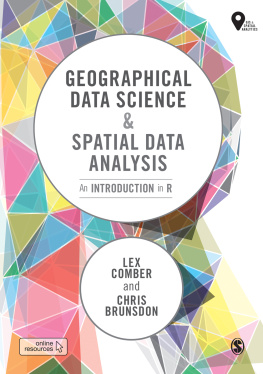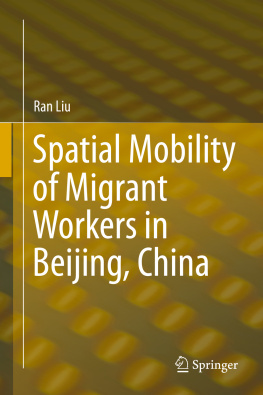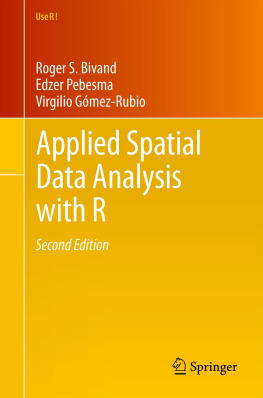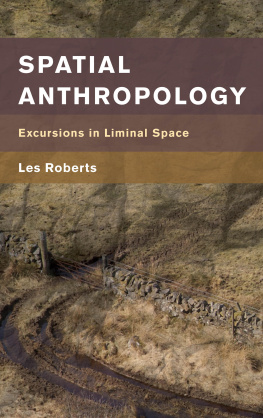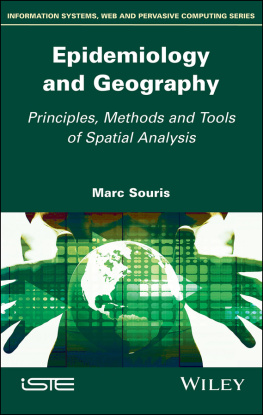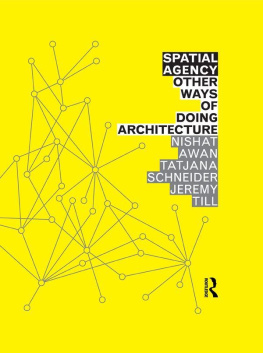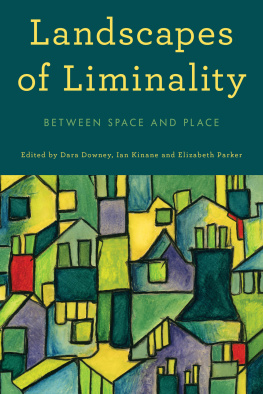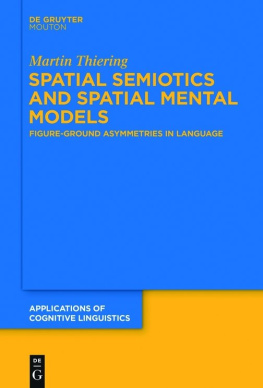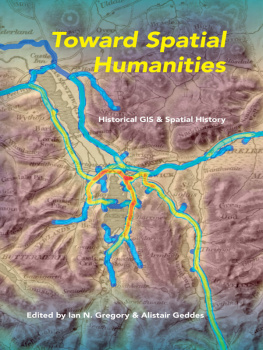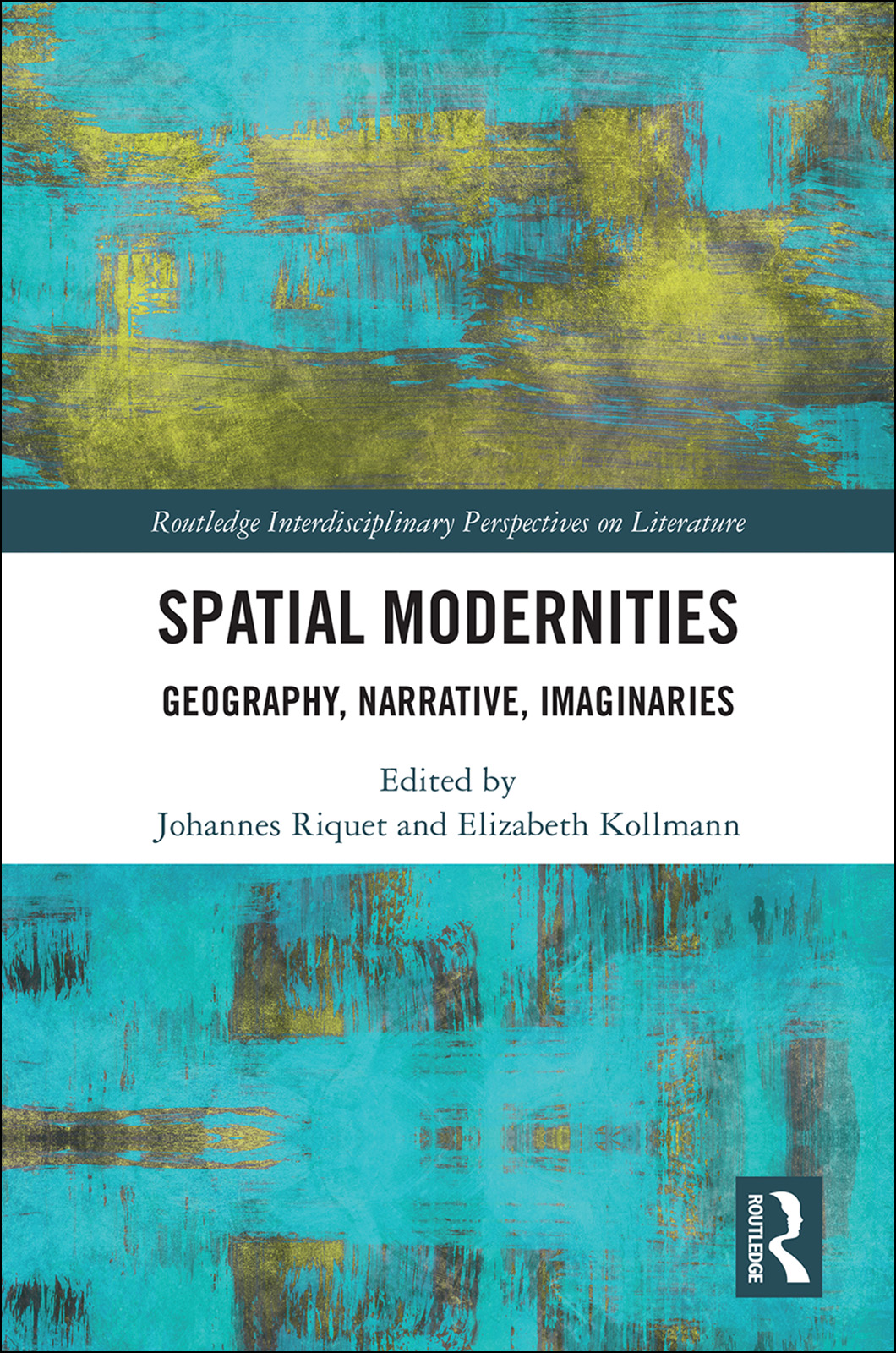Johannes Riquet (editor) - Spatial Modernities: Geography, Narrative, Imaginaries
Here you can read online Johannes Riquet (editor) - Spatial Modernities: Geography, Narrative, Imaginaries full text of the book (entire story) in english for free. Download pdf and epub, get meaning, cover and reviews about this ebook. year: 2018, publisher: Routledge, genre: Romance novel. Description of the work, (preface) as well as reviews are available. Best literature library LitArk.com created for fans of good reading and offers a wide selection of genres:
Romance novel
Science fiction
Adventure
Detective
Science
History
Home and family
Prose
Art
Politics
Computer
Non-fiction
Religion
Business
Children
Humor
Choose a favorite category and find really read worthwhile books. Enjoy immersion in the world of imagination, feel the emotions of the characters or learn something new for yourself, make an fascinating discovery.

- Book:Spatial Modernities: Geography, Narrative, Imaginaries
- Author:
- Publisher:Routledge
- Genre:
- Year:2018
- Rating:3 / 5
- Favourites:Add to favourites
- Your mark:
Spatial Modernities: Geography, Narrative, Imaginaries: summary, description and annotation
We offer to read an annotation, description, summary or preface (depends on what the author of the book "Spatial Modernities: Geography, Narrative, Imaginaries" wrote himself). If you haven't found the necessary information about the book — write in the comments, we will try to find it.
This collection of essays offers a series of reflections on the specific literary and cultural forms that can be seen as the product of modernitys spatial transformations, which have taken on new urgency in todays world of ever increasing mobility and global networks. The book offers a broad perspective on the narrative and poetic dimensions of the modern discourses and imaginaries that have shaped our current geographical sensibilities. In the early twenty-first century, we are still grappling with the spatial effects of early and high modern developments, and the contemporary crises revolving around political boundaries and geopolitical orders in many parts of the world have intensified spatial anxieties. They call for a sustained analysis of individual perceptions, cultural constructions and political implications of spatial processes, movements and relations.
The contributors of this book focus both on the spatial orders of modernity and on the various dynamic processes that have shaped our engagement with modern space. They creatively engage in a dialogue between literature, cinema, art history, geography, architecture, cultural semiotics and political science, and they transform twentieth- and twenty-first-century theory and philosophy to examine the textual forms of different spatial modernities. The chapters do not only engage with the cartographies, crossings and displacements represented within different texts and media, but are also attentive to the ways in which the latter produce space and perform mobility. Tracing an arc from Thomas Mores Utopia to the digital spatiality of contemporary autobiographical film, they treat texts as active cultural forces that crystallize, reinforce, interrogate or complicate the spatial imaginaries of modernity through their own narrative and poetic form.
Johannes Riquet (editor): author's other books
Who wrote Spatial Modernities: Geography, Narrative, Imaginaries? Find out the surname, the name of the author of the book and a list of all author's works by series.

